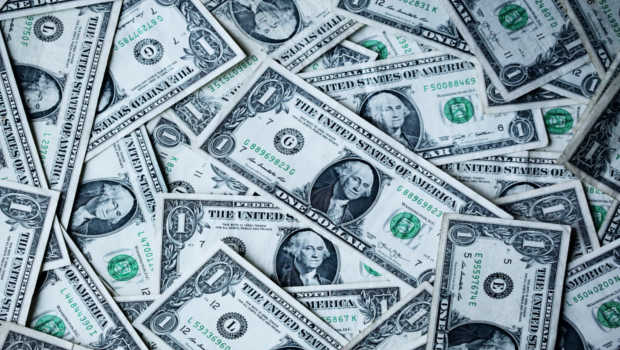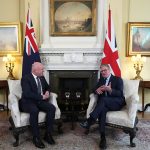International trade is when countries buy and sell goods to and from each other, and it happens every single day.
For example, the United Kingdom buys Lego from Denmark, and Denmark makes a lot of Lego. This means the UK and Denmark have a trading relationship.
International trade helps countries get things they don’t make themselves. So if you’ve ever bought a toy, snack, or video game made in another country, you’ve been part of international trade without even knowing it!
Trade doesn’t just bring more choices to store shelves. It also helps countries build strong connections. Nations that trade with one another often work together more closely and depend on each other in helpful ways.
But sometimes, governments add something called a tariff to products coming from other countries. A tariff is a charge or tax that’s paid when an item crosses a border. For example, if a car made in Japan is sold in the UK, the UK might add a tariff to that car to make cars made in the UK more appealing.
Tariffs are meant to protect local businesses, but they can also cause problems. If one country adds a tariff, the other country might respond by adding a tariff of its own. This back-and-forth can make products more expensive for everyone.
In the end, trade works best when it’s fair and open. It helps countries share, grow, and support one another.













trades are good but I never done that trading thing at my country.